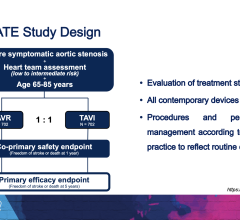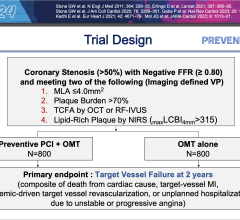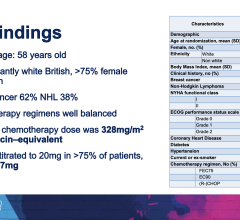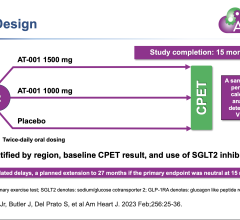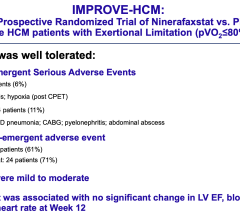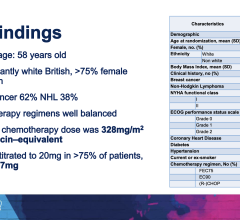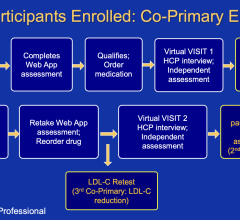August 26, 2014 — The quality of cardiac rehabilitation programs across Canada is strong, with specific criteria areas now identified as requiring further enhancement to improve patient outcomes, according to a new study conducted by researchers at the Peter Munk Cardiac Center, York University and the University Health Network (UHN).
“We are the first to comprehensively assess cardiac rehabilitation quality—what we are doing well and where we should do better—to this degree across the country,” said Sherry Grace, M.D., study author and director of research, GoodLife Fitness Cardiovascular Rehabilitation Unit, University Health Network, and York University kinesiology and health science professor. “Being able to rigorously evaluate and compare across cardiac rehabilitation programs nationally means gaps can be addressed and changes made, to ultimately benefit patients who have heart disease.”
Set to be published in the Canadian Journal of Cardiology, the study measured 14 key quality indicators in 10 cardiac rehabilitation programs across Canada, assessing more than 5,500 cardiac patients. The criteria examined included: accessibility, wait times, referrals, secondary prevention, behavior changes and psychosocial measures.
“Recovery from a heart attack, open-heart surgery or other related procedures improves substantially when a patient participates fully in a cardiac rehabilitation program,” said Barry Rubin, M.D., Ph.D., FRCSC, medical director, Peter Munk Cardiac Center. “With tens of thousands of new patients across Canada being treated for heart disease each year, it is imperative that patients participate in the program of exercise and education that form the basis for cardiac rehab as part of their recovery, to prevent their risk of experiencing another serious cardiac event. This leading-edge study makes that goal more attainable.”
The study found that cardiac rehabilitation programs are successful in: assessing patients’ body composition (85 percent), measuring blood pressure (90 percent), increasing exercise capacity (68 percent) and offering cessation therapy to patients who smoke (61 percent). Areas requiring improvement included: measuring blood sugar in patients with diabetes (23 percent) and assessment of depression (13 percent).
Research has shown that heart patients who engage in cardiac rehab are 25 percent less likely to die, than patients who do not participate in cardiac rehab. At the same time, only about 30 percent of heart patients who are hospitalized and who qualify to participate in a cardiac rehab program actually do so.
The United States and Europe have also developed some quality indicators for cardiac rehab. Canada is the first country to nationally assess program quality.
The study was funded in part by the BRIDGE project managed by the Canadian Cardiovascular Society and funded by the Public Health Agency of Canada.
For more information: www.petermunkcardiaccentre.ca

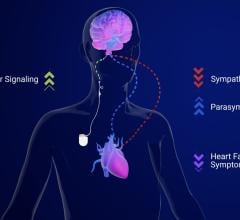
 April 16, 2024
April 16, 2024 
